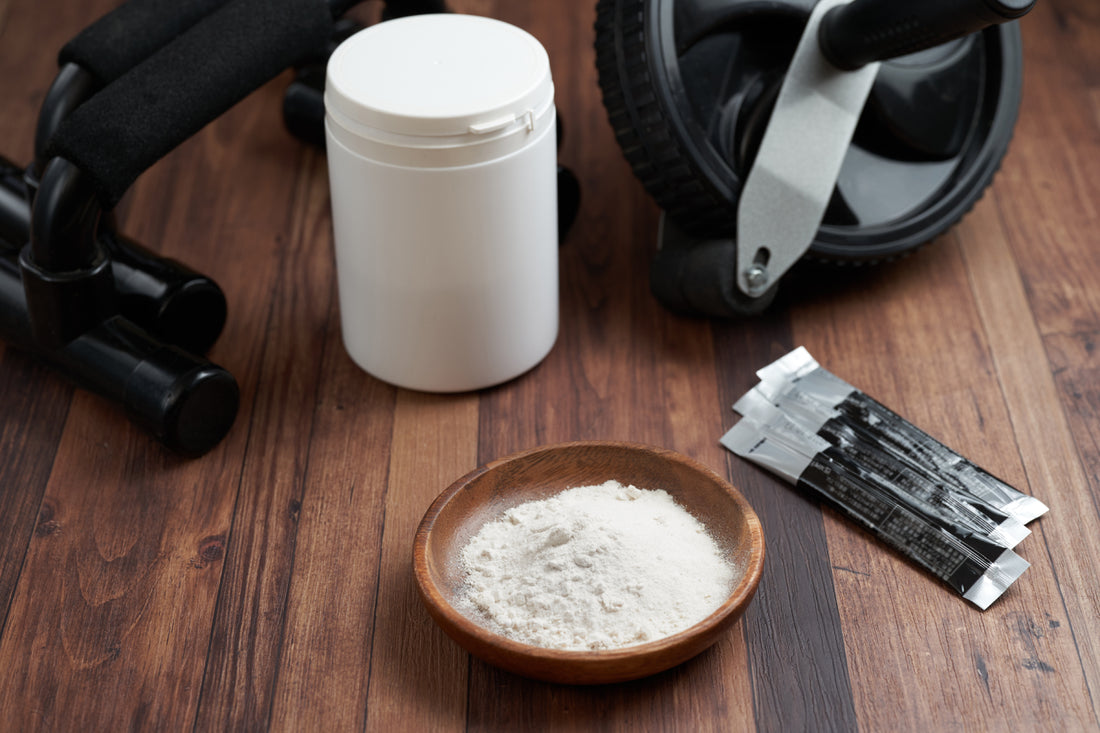Introduction
In recent years, creatine has gained widespread popularity, with more and more people incorporating it into their fitness routines. Gym-goers, athletes, and fitness influencers alike are increasingly turning to creatine as a trusted supplement for boosting strength, endurance, and muscle growth. As influencers and professional athletes openly share their positive experiences and impressive results, many people feel more confident and comfortable adding creatine to their regimen. This growing trend is fueled by a collective recognition of its benefits, from enhanced workout performance to improved recovery, making creatine a staple in the fitness community. Beyond its physical benefits, creatine is also gaining attention for its potential cognitive advantages, with research suggesting that it can support brain health and mental clarity. As more studies highlight creatine’s role in enhancing memory and cognitive function, people are turning to this supplement not only for its impact on the body but also for its promising effects on the mind [1].
Of course, you’ve come here to learn about how long it takes to see the effects of creatine, and we’re here to break it all down for you. Whether you're just starting out with creatine or you've been using it for a while and are wondering when you'll start noticing the benefits, this blog will provide you with all the answers. From the initial loading phase to the time it takes for muscle and cognitive improvements to kick in, we’ll guide you through the process so you can make the most of your supplementation and achieve your fitness and mental performance goals.
What is creatine and how does it work?
Creatine is a naturally occurring substance found in muscle cells that helps produce energy, particularly during short bursts of high-intensity exercise. It works by increasing the amount of phosphocreatine in your muscles, which helps regenerate ATP, the primary energy source for muscle contractions. This boost in energy allows for improved performance during activities like weightlifting or sprinting. Beyond its natural role in the body, creatine is commonly taken as a supplement to enhance athletic performance, increase strength, and support muscle growth. Additionally, research has shown that creatine may also offer cognitive benefits by supporting brain energy, making it popular for both physical and mental performance [2].
How long does it take for creatine to work?
Creatine typically takes about 3 to 4 weeks to show noticeable effects when taken consistently at a daily dose of 5 grams. However, some people opt for a "loading phase" to see results faster, within as little as 7 days. This involves taking 20-25 grams of creatine per day for the first week, which saturates the muscles more quickly. While this method can speed up the process, it increases the likelihood of side effects such as bloating and stomach discomfort. To avoid these issues, most people prefer the steady approach of taking 5 grams daily, which produces results within about a month [3].
Factors affecting how quickly creatine is effective
Several factors can affect how quickly creatine works. As mentioned in our last paragraph, the amount of creatine you take at the start plays a significant role. A "loading phase" with higher doses (20-25g per day) may lead to faster results, but this can come with disadvantages, such as bloating and stomach issues, especially if you're taking more than the recommended 5g per day [4]. Additionally, vegetarians and vegans, who consume fewer high-creatine foods like meat and fish, often experience quicker results because their muscles start with lower creatine levels [5]. Genetics also influence how quickly creatine works, as some individuals are naturally more responsive to supplementation, allowing them to see faster improvements in strength and performance.
Signs creatine is working
Signs that creatine is working often become noticeable through several key improvements. The first is typically an increase in strength and power, especially in exercises like squats, bench presses, or sprints. You might find yourself lifting heavier weights or pushing through more demanding workouts with ease. Along with strength, users often experience enhanced workout performance, allowing them to do more reps or maintain higher intensity for longer periods. This improved endurance can make training sessions more productive. Another sign of creatine working is muscle growth and increased size, which happens not only due to the boosted workout intensity but also because creatine enhances water retention in muscles, making them appear fuller and more defined.
Common Misconceptions About Creatine
There are several misconceptions about creatine that need to be clarified. One common myth is that creatine is a pre-workout supplement, meaning people think they need to take it right before exercising to get the best results. In reality, creatine works by saturating your muscles over time, so it doesn’t matter when you take it, as long as you’re consistent. However, there is research to show that creatine works best after your workout. Another misconception is that creatine will deliver instant results within a day or two. While creatine is effective, it takes time to build up in the body, and most people start noticing gains in strength and performance after a few weeks of regular use, not immediately.
Do you want to know some tips to maximise your results? Read our data back blog on how to get the most from your creatine.
Conclusion
In conclusion, creatine has become a cornerstone supplement for those looking to enhance both their physical and cognitive performance. While the time it takes for creatine to work can vary based on factors such as dosage, diet, and genetics, consistency remains key. Whether you choose the slower, steady approach or opt for a loading phase, the benefits—ranging from increased strength and endurance to muscle growth—are well worth the wait. Just remember to manage your expectations and avoid falling for common misconceptions. With the right approach, creatine can significantly improve your fitness journey, helping you achieve your strength, performance, and recovery goals. If you're looking for tips on how to maximize your results, don’t miss our follow-up blog for more expert insights.







